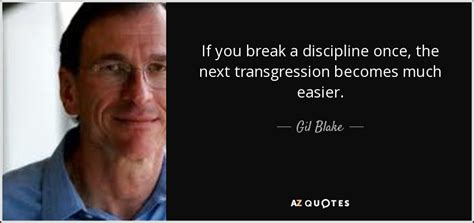A Quote by Sharyl Attkisson
My own view is that only under very limited circumstances, and on a case-by-case basis, should we make advance policy decisions to artificially minimize information or censor it from the public's view.
Related Quotes
Stephen Miller is from Santa Monica. He was educated I believe at Duke. He has worked for Jeff Sessions. He's in his thirties and he's brilliant. He is literally brilliant. He is one of the - if not the - best spokesmen that the Donald Trump administration can roll out to make the case for whatever policy positions they're trying to advance. He can make the case ideologically. He can make the case in common sense.
One way to determine if a view is inadequate is to check its consequences in particular cases, sometimes extreme ones, but if someone always decided what the result should be in any case by applying the given view itself, this would preclude discovering it did not correctly fit the case. Readers who hold they would plug in to the machine should notice whether their first impulse was not to do so, followed later by the thought that since only experiences could matter, the machine would be all right after all.
There will be very few occasions when you are absolutely certain about anything. You will consistently be called upon to make decisions with limited information. That being the case, your goal should not be to eliminate uncertainty. Instead, you must develop the art of being clear in the face of uncertainty.
I personally always took the view that, if you look at the case of should a Christian hotel owner have the right to exclude a gay couple from a hotel, I took the view that if it's a question of somebody who's doing a B&B in their own home, that individual should have the right to decide who does and who doesn't come into their own home.
When confronting most crises, whether historic or contemporary, aid agencies generally muddle along on a case-by-case basis. They weigh insufficient information, extrapolate somewhat blindly about long-term pros and cons, and reluctantly arrive at decisions meant to do the most good and the least harm.
I believe fully in making fun of children. I believe very strongly that you should never make fun of an embryo or your ovaries. I am a big believer on breaking those rules. It's a case-by-case basis. But the thing is, there's so many ways to make a joke about something that is sort of maybe verboten or something.
But, that’s the whole point of corporatization - to try to remove the public from making decisions over their own fate, to limit the public arena, to control opinion, to make sure that the fundamental decisions that determine how the world is going to be run - which includes production, commerce, distribution, thought, social policy, foreign policy, everything - are not in the hands of the public, but rather in the hands of highly concentrated private power. In effect, tyranny unaccountable to the public.































